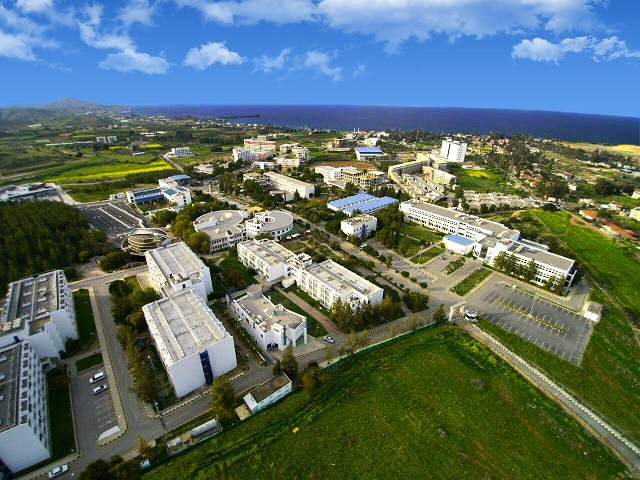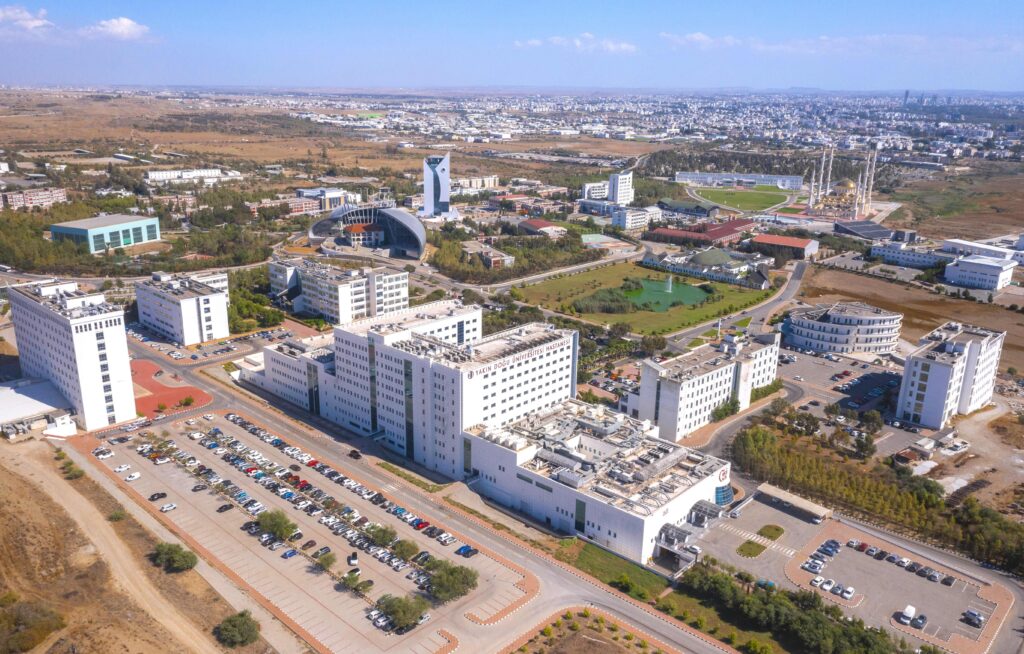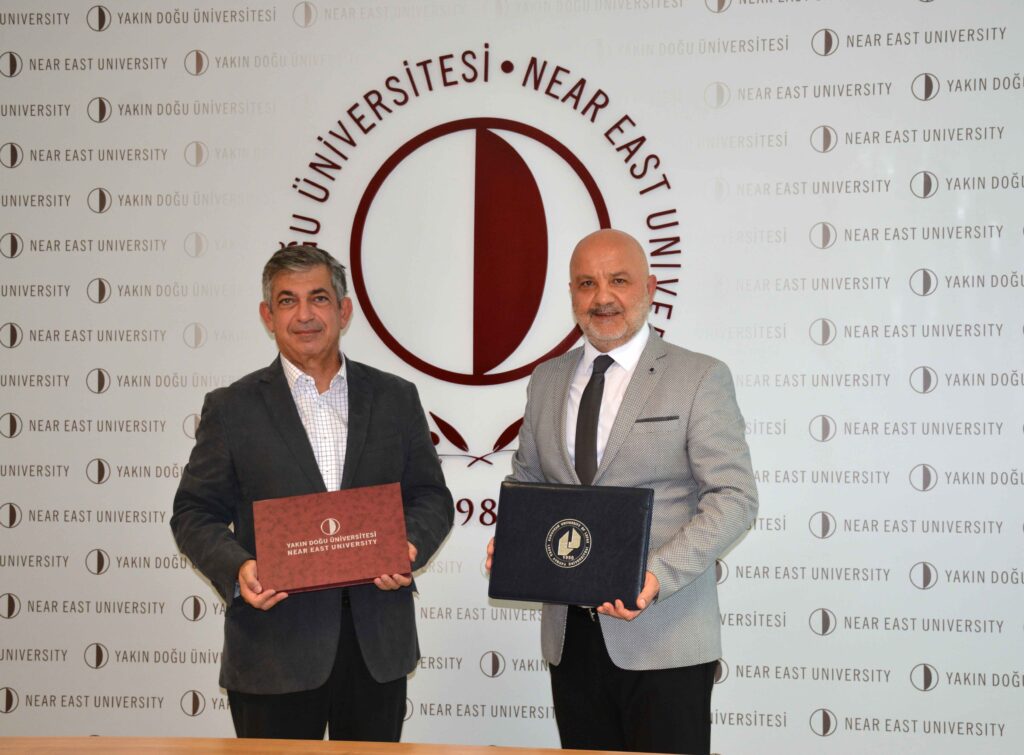
Near East University and European University of Lefke will collaborate in numerous areas, including faculty and research exchange, promoting joint research, student exchange programs, and sharing academic resources.
Near East University and European University of Lefke will collaborate in numerous areas, including faculty and research exchange, promoting joint research, student exchange programs, and sharing academic resources.
Near East University and European University of Lefke, two leading universities of Turkish Cypriot higher education, have signed an academic cooperation protocol. The protocol, signed at a ceremony held at Near East University, entered into force with the signatures of Near East University Rector Prof. Dr. Tamer Şanlıdağ and European University of Lefke Rector Prof. Dr. Mehmet Ali Yükselen. Vice Rector Prof. Dr. Umut Aksoy, Vice Dean of the Faculty of Medicine Prof. Dr. Songül Vaizoğlu, Vice Rectors of European University of Lefke Prof. Dr. Carolina Smochina and Prof. Dr. Hüseyin Ademgil, and Director of Student Affairs Özgür Yılmabaşar attended the ceremony.
As part of the protocol, the two universities will collaborate in numerous areas, including faculty and research exchanges, promoting joint research, student exchange programs, and sharing academic resources. This will provide students with a much richer education, not only in terms of theoretical knowledge but also in terms of practical experience.
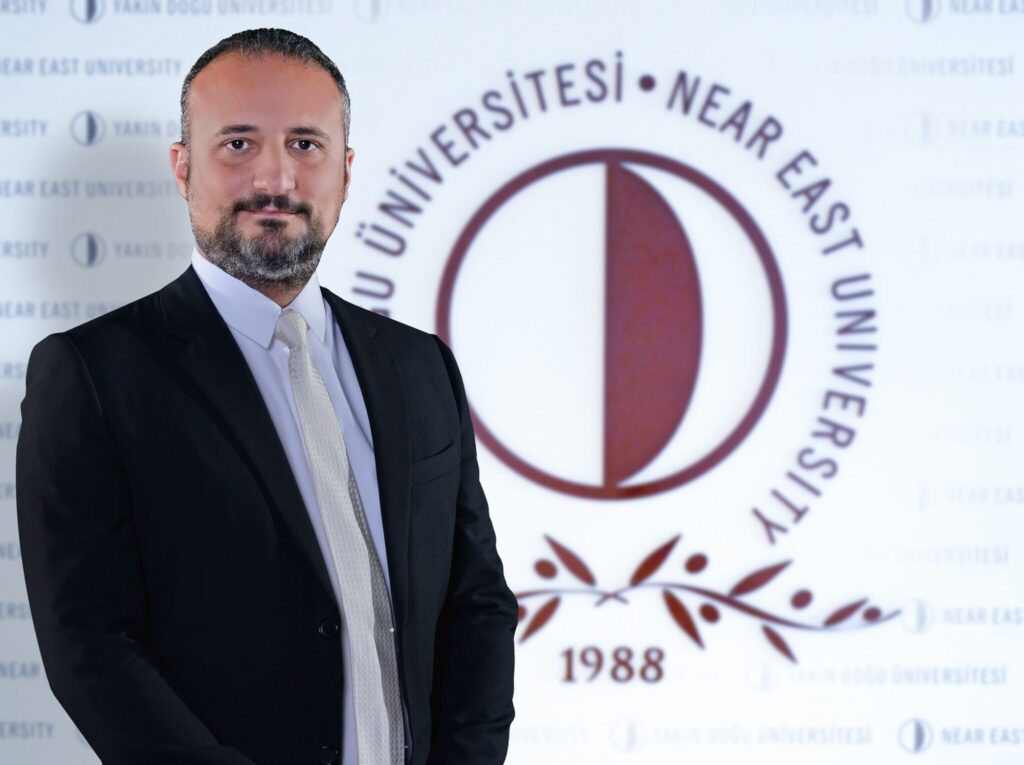
Prof. Dr. İrfan Suat Günsel: “This collaboration is a significant opportunity for Turkish Cypriot higher education to make a stronger impact globally.”
In his assessment about the protocol, Prof. Dr. İrfan Suat Günsel, Chairman of the Board of Trustees of the Near East Enterprises, emphasized that the collaboration between the two universities will make significant contributions not only to the institutions themselves but also to the country’s higher education system. Prof. Dr. İrfan Suat Günsel said, “This protocol signed between Near East University and the European University of Lefke is a great opportunity for Turkish Cypriot higher education to make a stronger impact in the international arena. Sharing the knowledge produced in our country with the world through joint projects and academic collaborations will increase the global competitiveness of our students and academics. I do believe that this collaboration will contribute to making Turkish Cypriot higher education more visible and effective on a global scale.”
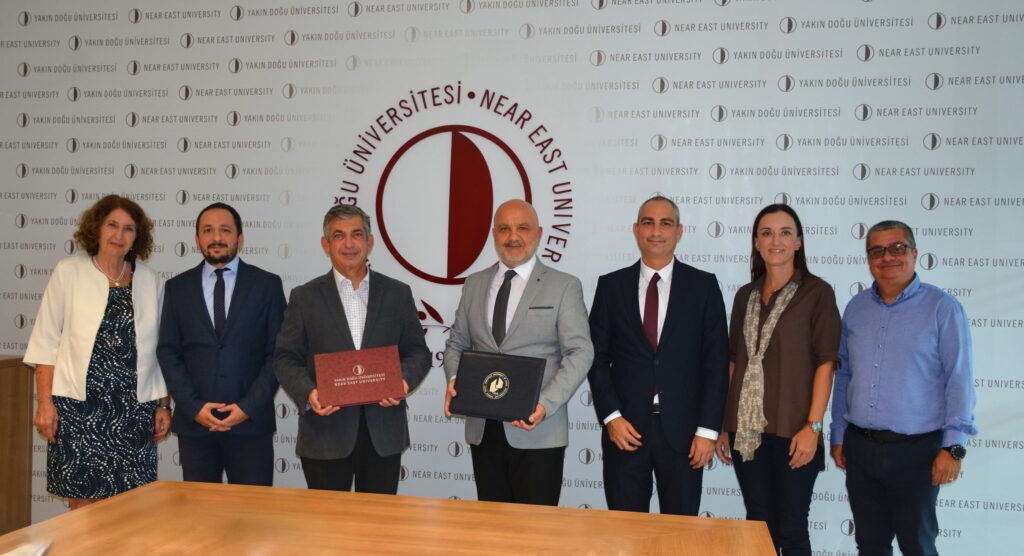
Prof. Dr. Tamer Şanlıdağ: “This collaboration will create a new model for higher education in Turkey.”
Speaking at the signing ceremony, Near East University Rector Prof. Dr. Tamer Şanlıdağ also emphasized that the cooperation protocol will be a new model for higher education in the country. Prof. Dr. Şanlıdağ highlighted their long-standing collaboration with the European University of Lefke, saying, “This protocol we signed with the European University of Lefke demonstrates our goal of providing our students and academics with broader opportunities by strengthening our collaboration in higher education in the Turkish Republic of Northern Cyprus. It will contribute to knowledge production, quality education, and scientific projects by increasing academic solidarity.”
Prof. Dr. Mehmet Ali Yükselen: “With this protocol signed today, our collaboration is gaining a new dimension.”
uropean University of Lefke Rector Prof. Dr. Mehmet Ali Yükselen emphasized the importance of the protocol signed with Near East University, saying, “The collaboration between our two institutions has been ongoing for many years. With this protocol signed today, our collaboration is gaining a new dimension.” Prof. Dr. Yükselen also said, “This collaboration with Near East University is a major gain not only for our institutions, but also for all of Turkish Cypriot higher education. Through joint projects and student and faculty exchange programs, we aim to provide our students with better-equipped training and our academics with access to a stronger research infrastructure. I believe this step will create lasting synergy between our universities.”
